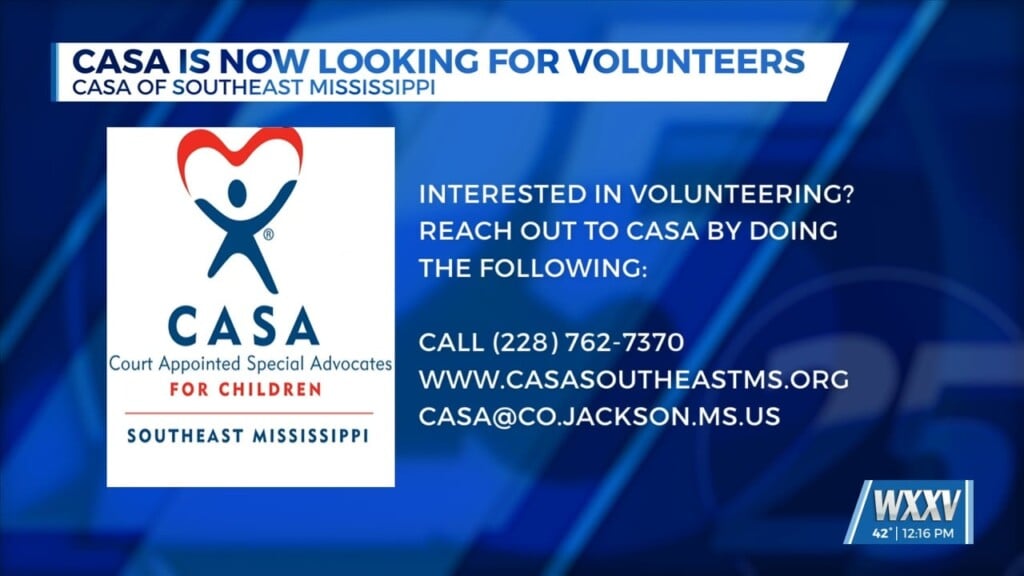What Are the Odds? (Part Two)
However, the market’s problems don’t end there. In the year 2014, four casinos stand empty, a sign of hard times in Atlantic City. The Atlantic Club, Showboat, and the Trump Plaza were all veterans of the industry. The big shocker came in September when the $3 billion Revel Casino closed its doors just two years after opening, unable to turn a profit.
Many officials in the gaming industry believe the closings are a natural response to the over saturation of casinos on the east coast. Only the strong survive. Jeff Guaracino, Chief Strategist for the Atlantic City Alliance, says, "With the decrease of gaming operations in Atlantic City, by forfeiting those, the remaining casinos this month in September have shown increases over last year. They’re beginning to show signs to profitability again."
The leader of the pack, Boyd Gaming’s Borgata, also owners of the IP in Biloxi, has seen revenues increase as nearby casinos struggle to stay alive. Tom Balance, President of Borgata, says, "The last seven years, Atlantic City has been affected by regional competition and everybody’s revenue shrunk for a while, but over the last two years though, our revenue has grown."
Not all are convinced the hard times are over. Property tax has risen 50% in Atlantic City over the last two years, partly because of the casino closings, whereas in Biloxi, residents and commercial businesses haven’t seen a tax increase in more than 20 years and the city isn’t sweating the recent loss of Margaritaville. David Nichols, Chief Administrative Officer for Biloxi, says, "Even though it’s closed, they still have to pay taxes on the property, so we’ll still receive that revenue."
Rick Mazer is the Regional President of Caesars Entertainment. He says more than half of the company’s property tax burden is from its Atlantic City properties. Mazer says, "If we let it continue, eventually everything will close, not only the casinos, but small businesses and residents, they just can’t absorb the burden."
Atlantic City Mayor, Don Guardian, and state lawmakers are well aware of the property tax crisis. The city will be cutting $15 million out of next year’s budget, which comes at an even bigger price: more unemployment. Guardian says, "About 300 fewer people are going to be working for Atlantic City than last year, but about 80, 82 of them have retired."
Balance believes the abandoned casinos will come back, not as casinos, but as non-gaming attractions that will eventually help offset some of the property tax woes. Balance closes, "Some of the assets that aren’t engaged in gaming any longer, moving on to a different kind of either a hospitality business or possibly something different, they could be great residential product, they could become corporate product, and you’ll see the economy diversify in a pretty meaningful way."
Balance does not foresee any more casino closings in the future. The Taj Mahal was a close call earlier this month, but a recent court ruling allowed the property to break union contracts, helping the casino place bets a little longer.




Leave a Reply